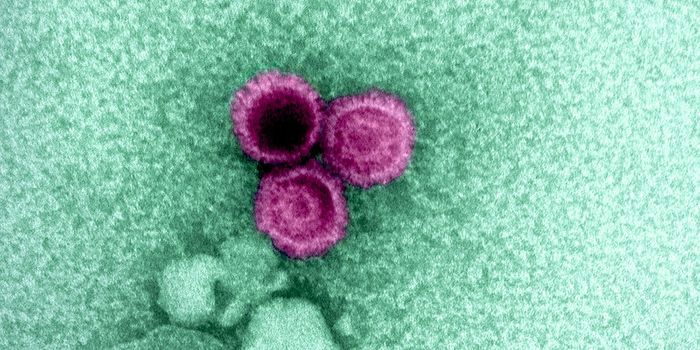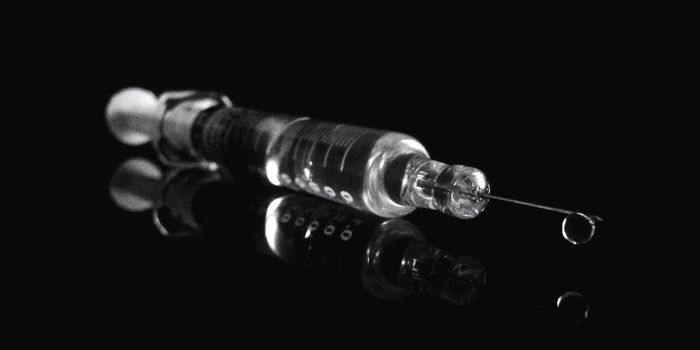What Do Heart Disease and Autoimmune Diseases Have in Common?
We are all aware that autoimmune disorders can come with severe complications of their own, but in addition to their primary effects, one can develop secondary effects just as harmful. Some examples of such autoimmune disorders are psoriasis, lupus, and rheumatoid arthritis. In addition to their unique damages, the individual has an increased risk of developing heart disease.
In a recent study performed by a team of scientists at the Washington University School of Medicine, a mouse model of a psoriasis-like disease is utilized to highlight the link between autoimmunity and cardiovascular disease. The work is detailed in the recent publishing of the scientific journal Cell Metabolism.
Psoriasis is a condition in which skin cells will accumulate and form scales and itchy, dry patches. Psoriasis is described to be an increase in the life cycle of skin cells that causes cells to build up rapidly on the surface of the skin. Specific effects of this disease can include inverse psoriasis, pustular psoriasis, and psoriatic arthritis.
Lupus is a systemic autoimmune disease that occurs when the body’s immune system attacks its tissues and organs. The inflammation from lupus can affect many different body systems including joints, skin, kidneys, blood cells, brain, heart, and lungs.
Finally, rheumatoid arthritis is a chronic inflammatory disorder that mostly damages the joints, but can also destroy a wide variety of systems to include skin, eyes, lungs, heart and blood vessels. Here, as well as the other autoimmune examples, the body is mistakenly identifying the host tissue as a threat and mounting an immune response. Specifically, rheumatoid arthritis results in osteoarthritis which correlates with bone erosion and joint deformity.
The team makes use of a chemical called imiquimod, an inflammatory compound that is known to activate immune cells involved in psoriasis. This chemical was applied to the mice skin. The team discovered that the blood vessels of the mice became less permeable by cholesterol. Movement of cholesterol is seen by the use of a light-sensitive form of high-density lipoprotein (HDL). HDL is the chemical known to carry cholesterol through the body.
The team’s findings indicate that cholesterol, which can typically move freely between blood vessels and tissues, is hindered in the mice with the applied imiquimod chemical application. Cholesterol becomes trapped in the vessel wall causing plaque build-up which in turn increases heart attack and stroke.
Interestingly, psoriasis is known to increase the levels of collagen, a protein in connective tissues. It was observed that the collagen levels were raised in the blood vessels, in the mice exposed to imiquimod.
An immune cell known as Th17 multiplies in abundance in autoimmune diseases such as psoriasis, lupus and rheumatoid arthritis. TH17 cells will a molecule called IL-17. When the researchers neutralized IL-17 in mice with the psoriasis-like disease, using an antibody, collagen density went down, and cholesterol deposits shrank.
"It'll take a few years before we know for sure, but we predict that the anti-IL-17 antibodies that already are being used to treat autoimmune diseases will be effective at reducing the risk of cardiovascular disease," shares Gwendalyn Randolph, Ph.D. "This would be important because some other drugs on the market seem to improve the skin disease but not reduce cardiovascular risk."
Sources: Cell, Mayo Clinic, Science Daily, YouTube









